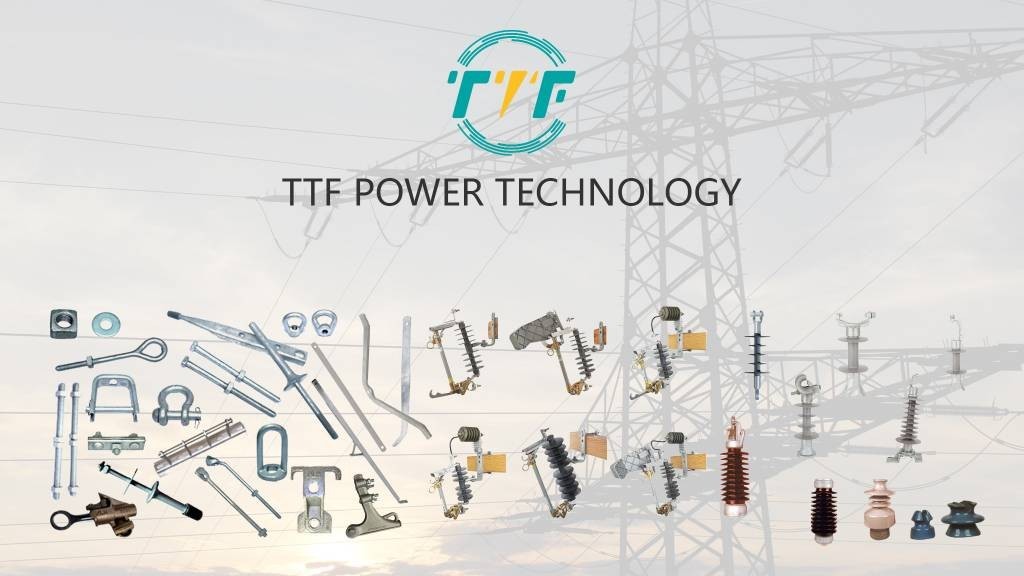
South America is a global leader in ethanol production in countries like Brazil, Argentina, Colombia, and Paraguay. The region has abundant agricultural resources and government policies, which position it as a key player in biofuels. The tropical climate in the region makes it ideal for growing sugarcane, which is the primary feedstock for ethanol in Brazil. Argentina leverages its vast cornfields for ethanol production to diversify feedstock options. The ethanol industry is posed for growth driven by global demand for low-carbon fuels and commitments to reduce greenhouse gas emissions. Additionally, collaborations in technology transfer and foreign investment can speed up production capacity and export potential. Integration of policies balances food security, environmental protection, and energy goals. Ethanol production offers significant opportunities, from environmental benefits to economic growth. Shackle insulators play a crucial role in the power infrastructure that supports the industry.
Shackle insulators support power lines, which ensure the reliable transmission of electricity to ethanol production facilities. The insulators prevent electrical arcing, which can damage equipment and cause power outages. Shackle insulators are able to withstand harsh environmental conditions in the region. These include high temperatures, humidity, and wind loads. This ensures the long-term reliability of the power infrastructure. They contribute to the efficient and sustainable operation of ethanol production facilities. This is by supporting reliable transmission of electricity. This helps to reduce reliance on fossil fuels and promote a more sustainable energy future. Let’s look at the challenges and opportunities of ethanol production in South America. We will also look at the importance of shackle insulators in ethanol production.
Importance of shackle insulators in ethanol production in South America
Shackle insulators ensure reliable power distribution and safety for the energy-intensive processes involved in ethanol manufacturing. They play a crucial role in maintaining the electrical infrastructure that powers South America’s ethanol facilities. Their reliability, durability, and cost-effectiveness ensure the safe production process. The following are the contributions of shackle insulators in ethanol production in South America.

- Electrical stability in ethanol production facilities – ethanol plants need stable power to operate equipment. These include crushers, fermenters, and distillation units. Shackle insulators hold and insulate electrical wires to prevent power interruptions.
- Safety in high-power operation – high-power equipment in ethanol production generates electrical risks such as power surges. Shackle insulators prevent current leakage, which ensures the safety of workers and equipment.
- Supporting renewable energy integration – ethanol facilities integrate renewable energy sources like biomass co-generation. Shackle insulators ensure the safe transmission of electricity generated from renewable energy sources to power the ethanol plants.
- Reliable distribution in rural areas – ethanol production facilities are mostly in areas far from power grids. Shackle insulators support local electrical distribution networks to ensure uninterrupted power supply in rural areas.
- Durability – ethanol facilities operate in areas with varying weather conditions, including high humidity, heat, and rain. Shackle insulators are made from durable materials like porcelain or polymer, which ensures they withstand the conditions.
- Low maintenance – shackle insulators are economical, easy to install, and need minimal maintenance. This makes them ideal for widespread use in the infrastructure supporting South America’s ethanol production.
The challenges facing ethanol production in South America
Ethanol production in South America contributes to the energy sector and economy. It provides opportunities fueled by abundant natural resources, growing demand for renewable energy, and advancements in biofuel technology. The opportunities include economic development, technological advancements, energy security, and export opportunities. Ethanol production faces challenges that may hinder the development and investments. TTF is a world-class global provider of high quality overhead line hardware, transmission hardware, distribution hardware, conductors, insulators, cutout switches, anchoring and grounding hardware. The following are the challenges facing ethanol production.

- Environmental challenges – the access of feedstock for ethanol leads to deforestation, which contributes to habitat loss and biodiversity. Ethanol production is water-intensive, raising sustainability concerns in regions facing water scarcity.
- Economic challenges – ethanol prices are volatile to global oil prices. Production costs can be high due to labor, energy requirements, and transport infrastructure.
- Infrastructure and logistics – ethanol production facilities are often in rural agricultural areas with poor infrastructure. This includes inadequate roads. Pipelines and ports, which increase the cost and complexity of moving ethanol to domestic and international markets.
- Social challenges – diverting agricultural land and crops for ethanol production can raise food prices and potentially impact food security.
- Competition from alternative fuels – the increase in electric vehicles and biofuels poses a threat to ethanol dominance in the renewable energy sector. Hydrogen and synthetic fuels are also competitors, which reduce future demand for ethanol.